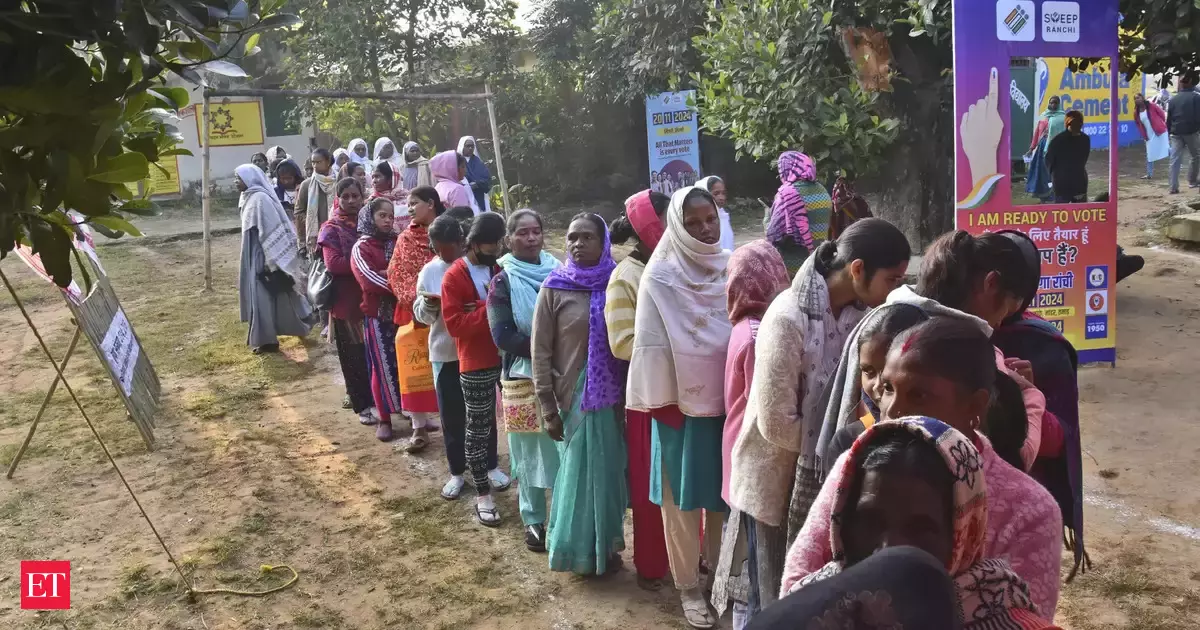'One Nation One Election' Bill Clears Cabinet Approval: A New Era for Streamlined Electoral Process?

In a significant move towards streamlining electoral processes, the Union Cabinet on Thursday approved the "One Nation One Election" bill. This comprehensive bill is expected to pave the way for unified elections across the nation.
As part of this initiative, former President Ram Nath Kovind has called for building a consensus among political parties. Emphasizing that the issue transcends party interests and benefits the nation as a whole, Kovind urged caution in considering the transition to simultaneous polls.
Implementing the 'One Nation One Election' model is expected to be a long-term process. Multiple changes will be required, including standardising electoral rolls and amending laws and the Constitution. To mitigate potential challenges, the government has proposed adopting a roadmap outlined in the committee's recommendations.
Despite facing opposition from several stakeholders, proponents of simultaneous elections argue that this approach can reduce costs associated with election-related activities. They claim that frequent elections divert policymakers' attention from long-term planning and result in significant economic expenses due to widespread corruption.
On the other hand, Opposition parties have expressed concerns about potential implications on federalism and democratic safeguards. According to Congress leader Adhir Ranjan Chowdhury, who resigned from the Kovind-led committee over its mandate, this approach could marginalise regional and local issues.
The "One Nation One Election" model has been debated by several entities in the past, with various parliamentary committees exploring feasibility and submitting reports on potential benefits and drawbacks. The Bharatiya Janata Party (BJP) had made simultaneous elections a part of their 2014 election manifesto, but the idea gained momentum only after forming a committee to suggest ways for implementation.
In recent years, discussions around this concept have continued with Niti Aayog presenting a discussion paper analysing potential cost savings and administrative benefits. Amid ongoing debates over electoral reforms, critics and proponents alike are cautiously optimistic about this new approach to reforming India's electoral landscapes.
